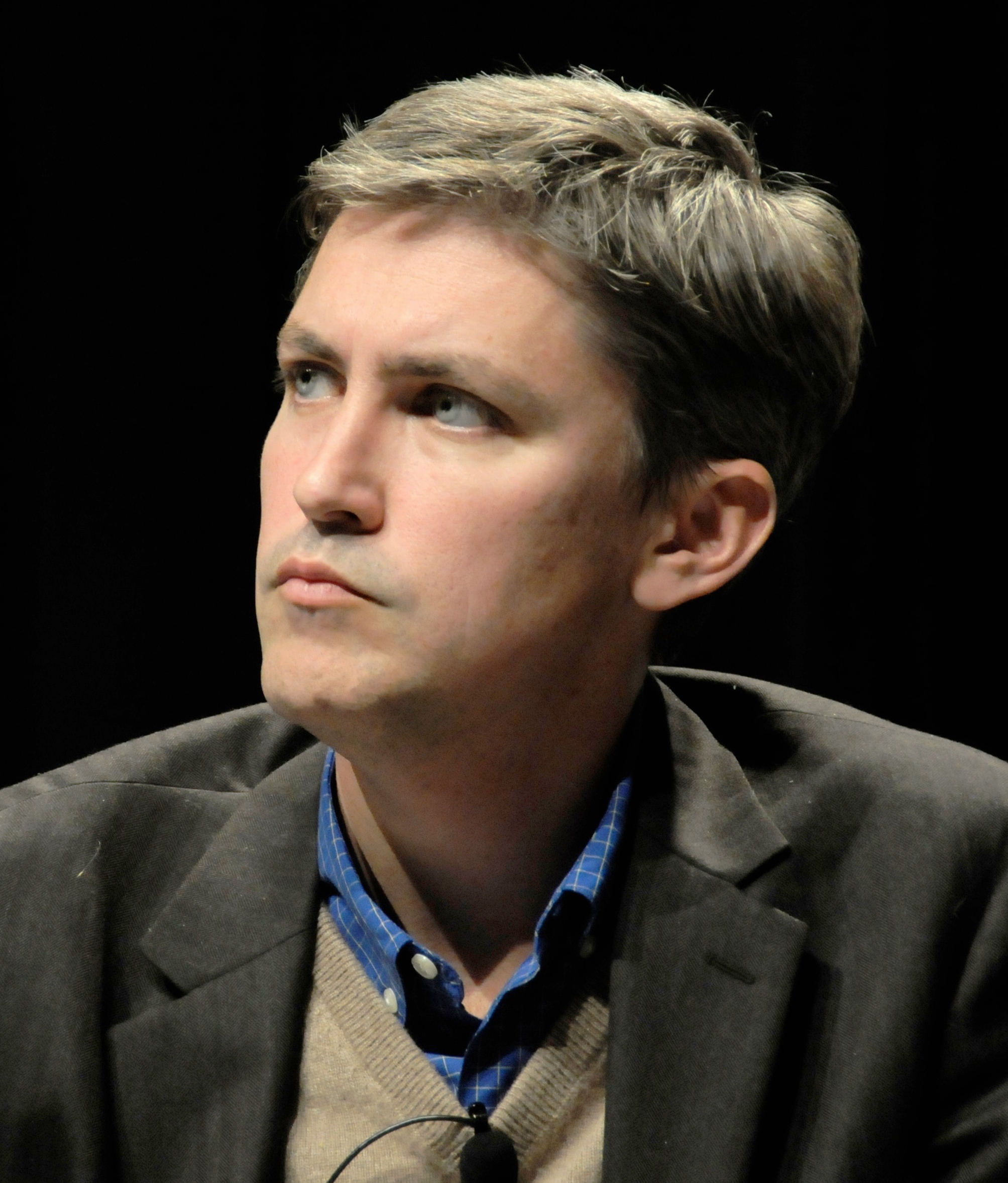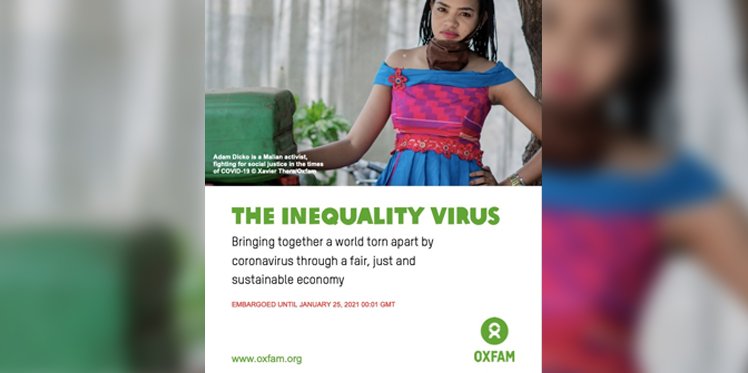Are monopolies good? Peter Thiel's hypothesis
| If this mailer does not render correctly, please enable images or view online Advertise Unsubscribe | ||
 CEO Picks - The most popular editorials that have stood the test of time!
| ||
A new model for democracy?  So, you have an idea to fix a problem in your city? Maybe, it's potholes, or a cleanliness drive, or a project that reduces pollution. What if, you could put this up on a site and attract funding for it and solve it on your own. That's precisely what a bunch of social designers in Finland did with Brickstarter a few years ago. Imagine if this idea could be further extended, where instead of your local government allocating tax money, ordinary citizens could identify problems, suggest solutions and then allocate their tax dollars towards the projects they identify with the most! True democracy in action? The government knows exactly what the people want, at all times, and plays more of an enabler role. Such a radical new way of looking at democracy is what author Steven Johnson suggests in his book - Future Perfect. Today's technology does provide us the opportunity to experiment with new forms of community development. This is especially critical in large developing nations, where top-down planning often runs into vested interests. So, you have an idea to fix a problem in your city? Maybe, it's potholes, or a cleanliness drive, or a project that reduces pollution. What if, you could put this up on a site and attract funding for it and solve it on your own. That's precisely what a bunch of social designers in Finland did with Brickstarter a few years ago. Imagine if this idea could be further extended, where instead of your local government allocating tax money, ordinary citizens could identify problems, suggest solutions and then allocate their tax dollars towards the projects they identify with the most! True democracy in action? The government knows exactly what the people want, at all times, and plays more of an enabler role. Such a radical new way of looking at democracy is what author Steven Johnson suggests in his book - Future Perfect. Today's technology does provide us the opportunity to experiment with new forms of community development. This is especially critical in large developing nations, where top-down planning often runs into vested interests. |
| Highlighted Story Discount retailers TJX, Ross stage a comeback as shoppers crave 'treasure hunting' for clothes again  Any doubts about whether shoppers would return to discount retail stores to rummage through racks in the hunt for bargains were crushed this week when TJX Companies and Ross Stores reported their first-quarter earnings. Any doubts about whether shoppers would return to discount retail stores to rummage through racks in the hunt for bargains were crushed this week when TJX Companies and Ross Stores reported their first-quarter earnings. Both companies' sales surged past analyst estimates, as consumers started packing back into their stores to look for new outfits, shoes, luggage and home goods as pandemic-induced lockdowns eased. TJX and Ross cited a pent-up demand from shoppers, many of whom have been armed with extra stimulus dollars in recent months, but also a desire among many people to still look for good deals. So-called treasure hunting in stores could be something that many consumers end up craving more than they did before the Covid health crisis. "We believe the appeal of our entertaining, treasure-hunt shopping experience gives consumers a compelling reason to shop us," TJX CEO Ernie Herrman said in an earnings conference call. "In-store shopping is not going away." |
| CEO Picks - continued! Here's Why Office Layout Was So Important To Steve Jobs  Steve Jobs wanted 'serendipitous personal encounters' to occur between his employees, so his office bathrooms were placed accordingly. Freshbooks in Canada sets its employees up on 'blind dates' (no, not the romantic kind), so they can get to know each other better, make friends at work and yes, possibly come up with out of the box ideas. Is your organization more than a few dozen people? What are you doing to encourage serendipity, especially in the current challenging WFH environment? Steve Jobs wanted 'serendipitous personal encounters' to occur between his employees, so his office bathrooms were placed accordingly. Freshbooks in Canada sets its employees up on 'blind dates' (no, not the romantic kind), so they can get to know each other better, make friends at work and yes, possibly come up with out of the box ideas. Is your organization more than a few dozen people? What are you doing to encourage serendipity, especially in the current challenging WFH environment? |



:format(webp)/cdn.vox-cdn.com/uploads/chorus_image/image/68674539/GettyImages_508088155.0.jpg)

No comments:
Post a Comment